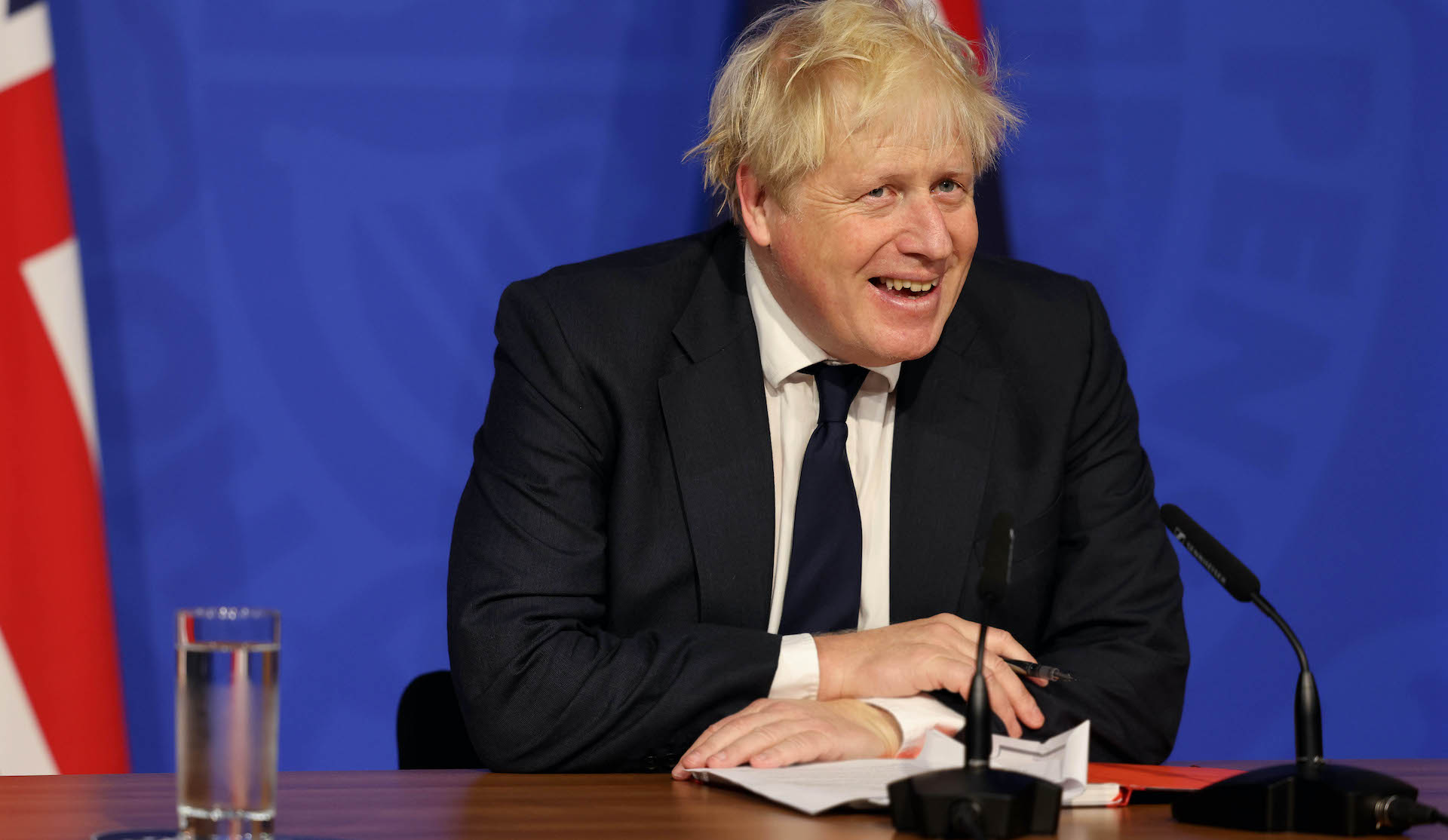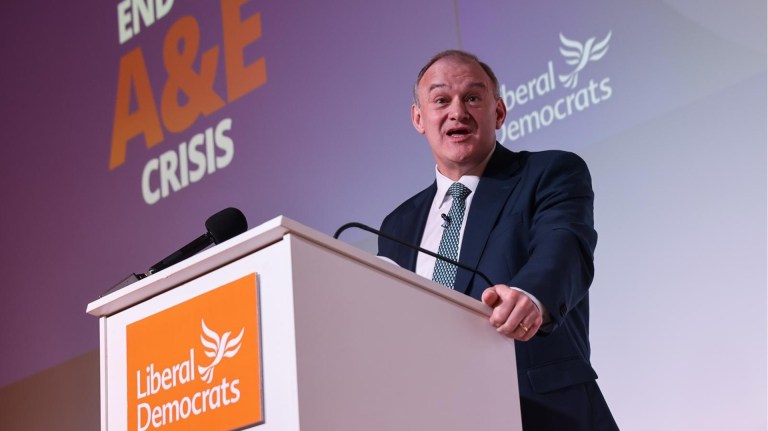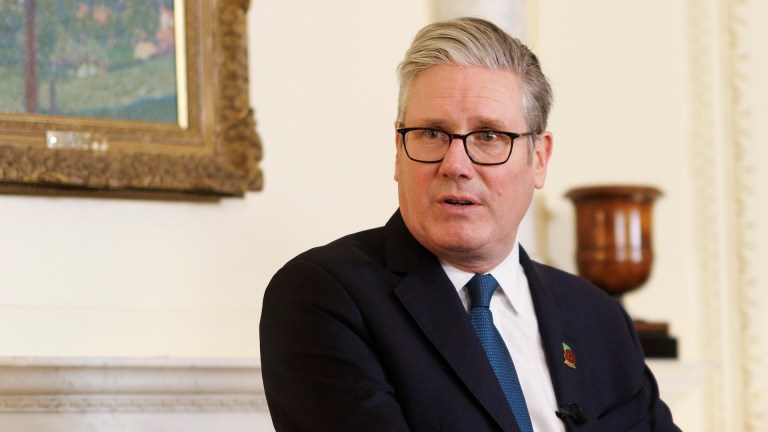But more than a year after the scandal and despite the promise of a crackdown on MP’s second jobs, they’re earning more than ever from their second, third, fourth and fifth incomes.
So how can we – the general public and journalists – keep an eye on where the money flowing into Westminster is coming from? And in whose interests it serves?
We break down the issues at play around MP’s second incomes, and where you can find the information you want to know.
What are the rules around MPs getting second jobs?
MPs are allowed second jobs, so long as they are not a minister with the power to enact executive orders in their specific areas. This law was introduced in 1995 to reduce the number of politicians with no experience of the real world and therefore no connection with their constituents. But it can be exploited.
Some MPs act as consultants, paid by a business for their expert insight on parliamentary processes and current debates or legislation relevant to the business. It is when the lines blur, when MPs are found to be influencing legislation in favour of the businesses they represent, that it breaches the standards expected of elected representatives.
Second jobs aren’t all bad though, and many do not work in business. Dr Caroline Johnson, Conservative MP for Sleaford and North Hykeham, works as an NHS paediatrician, earning nearly £18,000 a year for part-time hours of 336 hours a year, and Sarah Atherton, Wrexham’s Conservative MP, worked as a part-time nurse at Wrexham Maelor Hospital.
Advertising helps fund Big Issue’s mission to end poverty
MPs must publicly declare any additional income, along with gifts, donations and shareholdings over 15 per cent of their salary, so anything over around £12,000 if they’re on the basic MP’s salary.
Is being an MP a full time job?
The job description of an MP doesn’t stipulate the number of hours, unlike most job contracts that require a 35 to 40 hour work week.
The job of an MP involves attending debates in parliament and running clinics with their constituents – it’s meant to be the public interest that they represent in government.
Parliamentary sessions take place on Tuesdays, Wednesdays and Thursdays for around eight hours per day.
Parliament doesn’t actually sit on the majority of Fridays – (it will do so only eight times in 2021), nor Monday mornings, so this is the time that many MPs will do case work for the members of their constituency.
But they don’t have to turn up to listen and participate in every debate – only to cast their vote. Only 30 MPs were actually present to debate cutting universal credit.
Advertising helps fund Big Issue’s mission to end poverty
So, it would seem that MPs are free to manage their own time and commitments.
And yet, the role comes with a hefty salary, reviewed each year by the Independent Parliamentary Standards Authority. In April they MPs received a pay rise of £2,212, a 2.7 per cent increase on the last financial year, in line with the average increase in pay for public sector workers.
This took an MPs basic annual salary to £84,144, and will be reviewed again this coming April.
Who’s earning the most from the second jobs?
The Top 10 MPs with the highest earnings are unsurprisingly former prime ministers, party leaders, and serial moonlighters – with some deeper cuts among the famous faces.
Theresa May – £2.8m
Sir Geoffrey Cox – £2.1m
Advertising helps fund Big Issue’s mission to end poverty
Boris Johnson £1.2m
Keir Starmer – £799,900
Andrew Mitchell – £769,300
Fiona Bruce – £712,300
John Redwood – £692,400
Rishi Sunak – £546,000
Advertising helps fund Big Issue’s mission to end poverty
Liz Truss – £538,600
Ed Davey – £441,600
Where can you find out whether your MP has a second job?
To find out whether your MP has a second, third, or even seventh job, and what they earn from it, you can check the register of MPs’ financial interests.
The register exists to keep an eye on any financial interests or benefits that could influence an MP while doing their job as a member of parliament.
Any new employment or earnings, gifts received, and land and property owned by an MP must be listed on the register.
However, the register has been described as a ‘dusty relic of a bygone analogue age’ by an anti-corruption group, due to how time consuming it is to trawl through individual pdfs, plus the details are often inconsistent and strewn with errors.
Advertising helps fund Big Issue’s mission to end poverty
There has long been a need for a more user-friendly and transparent system, and in the absence of the government creating one themselves, a team of journalists at Sky and Tortoise have risen to the challenge.
Get the latest news and insight into how the Big Issue magazine is made by signing up for the Inside Big Issue newsletter
Over the course of half a year, they created a searchable database so you can see exactly how much your MP earns on top of their salary.
The figures cover the current parliament, which formed after the 2019 election, and include money earned from second jobs, as well as the value of gifts and donations.
You can explore the Westminster Accounts database here.
When does a second job become ‘sleazy’?
The crucial thing when it comes to consulting roles, is that the MP must not lobby or influence parliament on behalf of that business. So they mustn’t act as influencers to sell products, win contracts or curry favour for the company they are working for.
Advertising helps fund Big Issue’s mission to end poverty
This is where Owen Paterson went wrong by securing benefits for two companies that he was paid as a consultant for.
“This is an egregious case of paid advocacy,” reads the report that brought the scandal to light.
Paterson “repeatedly failed to perceive his conflict of interest and used his privileged position as a Member of Parliament to secure benefits for two companies for whom he was a paid consultant… He has brought the House into disrepute.”
Some MPs hold consulting roles that link to their previous or current work in government. There is no suggestion that they have broken the rules, and have declared their income in the register of MP financial interests.
Conservative MP John Hayes, who previously served as the energy minister to David Cameron, received at least £150,000 over three years from an oil and gas firm, openDemocracy revealed.
Since leaving his role as health minister in 2019, Conservative MP Steve Brine has joined three firms, including Sigma Pharmaceuticals, earning almost £60,000.
Advertising helps fund Big Issue’s mission to end poverty





